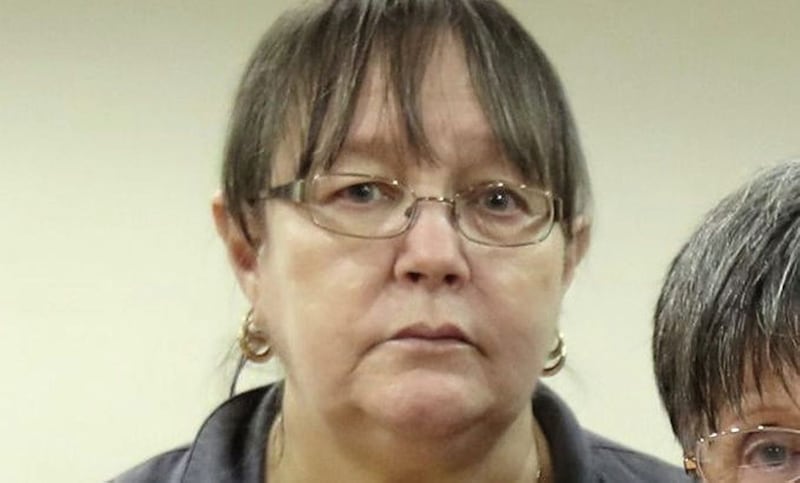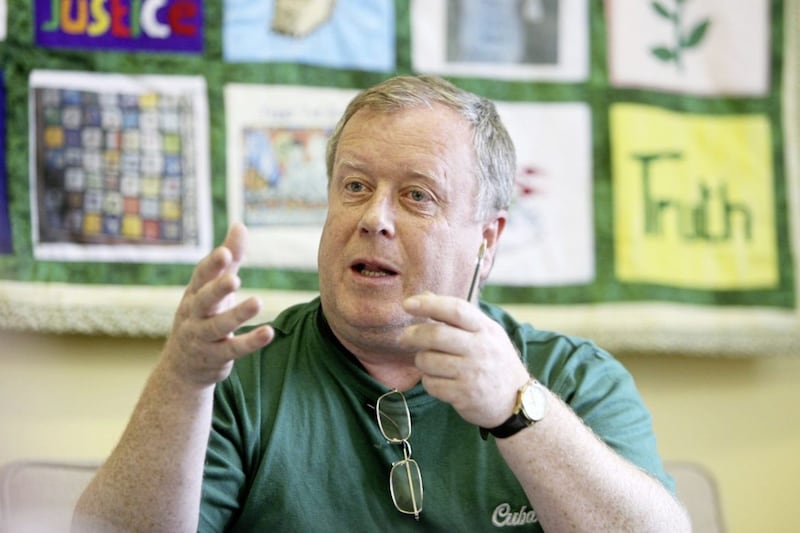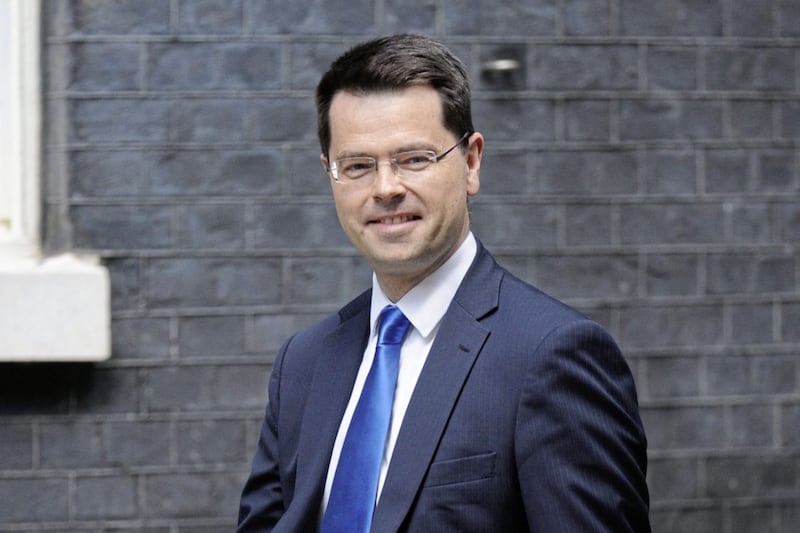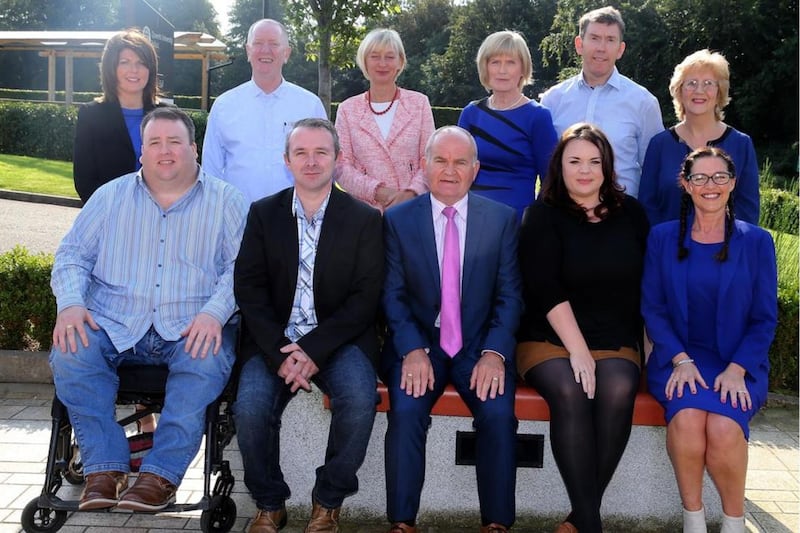A UNIONIST peer has been criticised for claiming a pub bombed by loyalist paramilitaries during the Troubles was a "drinking hole for IRA sympathisers" who have run a "political campaign to place the blame on the UVF".
Former senior Ulster Unionist John Taylor, now cross-bench peer Lord Kilclooney, yesterday faced calls to apologise for his comments on the bombing of McGurk's bar in north Belfast in 1971.
The UVF attack, which killed 15 people, was the single biggest loss of life in Northern Ireland during the Troubles until the Omagh bombing in 1998.
Lord Kilclooney was a Stormont minister at the time. Acting on advice, he wrongly said the atrocity was an IRA bomb that exploded prematurely inside the bar.
Victims' families say the claim compounded their grief as it prompted speculation the dead might have included IRA members carrying the device.
A UVF man, Robert Campbell was arrested in 1977 and admitted his part in the bombing.
Relatives however have long been engaged in a campaign to clear their loved ones' names and set the record straight.
But in a weekend conversation on Twitter, Lord Kilclooney said he "never had any evidence" that the UVF was involved in the pub bombing.
He tweeted: "It was a drinking hole for IRA sympathisers who have subsequently carried out a political campaign to place the blame on the UVF. I have never received evidence to support this."

Pat Irvine, who was aged 14 when her mother Kathleen Irvine was killed in the bombing, said she was "disgusted" by his "ridiculous" comments.
"I'm actually disgusted with him, that he's so blatant with his hatred and bitterness," she said.
"Unless he is prepared to come forward with any evidence of what he is saying then he should be treated with contempt."
Lord Kilclooney made the remarks while reacting to a row over a convicted IRA man being a member of the Victims and Survivors Forum.
Robert McClenaghan (60) – whose grandfather Philip Garry was killed in the McGurk's bar bombing – has previously spoken of his Provo past.
In a 2011 documentary, he said he was "immensely proud" to have been in the IRA, and it was his daily job to plant bombs in Belfast.
He said he joined the IRA in 1974 aged 17 after seeing violence threaten his home.

On Saturday, it emerged that Jackie Nicholl had resigned from the victims' forum after learning of Mr McClenaghan's history.
Mr Nicholl's 17-month-old son Colin was murdered in an IRA bomb in 1971.
The 79-year-old, from Carrickfergus, told the News Letter he was "furious" to discover Mr McClenaghan's past.
Unionists have since criticised Mr McClenaghan's appointment to the forum last year.
Lord Kilclooney described it as "simply appalling" and called on victims commissiomer Judith Thompson to resign.
Last October, Lord Kilclooney refused to apologise when challenged online by Ms Irvine over declaring the McGurk's bar bombing an IRA 'own goal'.
He has also caused controversy over other Twitter remarks, including his description of Taoiseach Leo Varadkar as "the Indian", and claiming unionists and nationalists are not political equals.
The Commission for Victims and Survivors said they "acknowledge and respect" Mr Nicholl's decision to resign from the forum.
A spokeswoman said through the appointments process, all members are made aware the role "may mean engaging with individuals who they may perceive as representative of those who caused hurt or harm".
She added: "The commission also recognises and respects that individuals may choose to withdraw from this challenging and time-intensive role and anyone who does take this course of action will continue to have the respect, thanks and support of the commission and forum."








